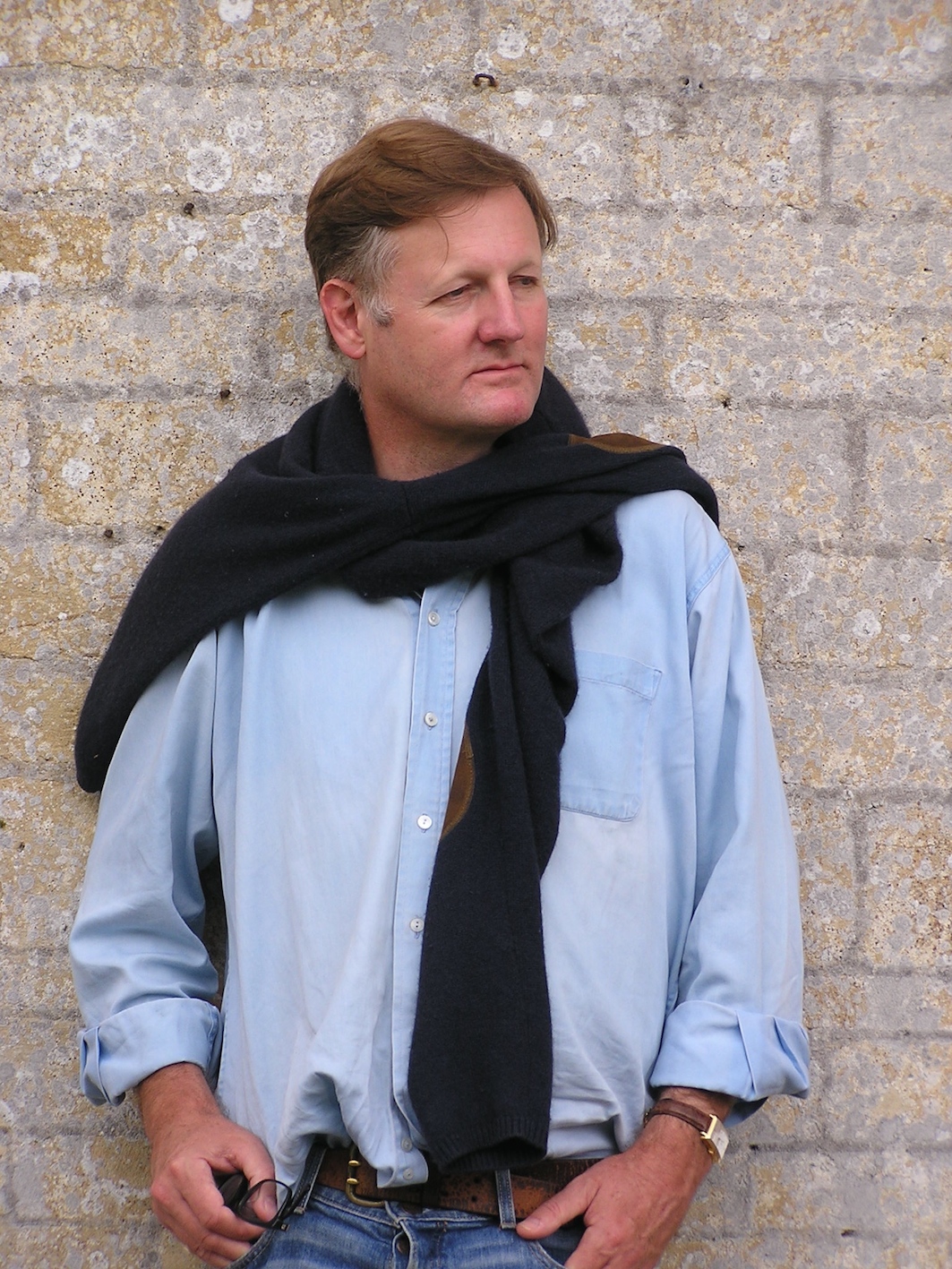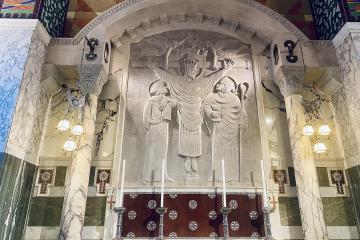From the controversial ‘Elgin’ marbles to the Venus de Milo, meet Ancient Greeks in the raw. Contains nudity!
The Ancient Greeks invented the human portrait and their sculpture formed the basis of European art. Arguably, it has never been bettered. They produced statues of such beauty and realism that men are said to have fallen in love with them.
A Classical scholar and teacher, Rupert elucidates some of their finest artistic expressions, including the controversial Parthenon or ‘Elgin’ marbles (the story of which is recounted in detail) and the Venus de Milo, celebrated survivor of a craze for ‘naked Aphrodites’. Here is a chance to meet the Ancient Greeks in the raw. Contains nudity!
THE ARTS SOCIETY ACCREDITED LECTURER

Mr Rupert Willoughby
Rupert Willoughby is an historian and Classicist, a poet, a father and a wild swimmer with a passion for castles, lakes and uncovering the layers of the past. A graduate with First Class Honours in History from the University of London (where he immersed himself in the ‘Byzantine’, or medieval Greek Empire), he is the author of the best-selling Life in Medieval England for Pitkin, and of a series of popular histories of places, including Chawton: Jane Austen’s Village, and the whimsical, yet scholarly Basingstoke and its Contribution to World Culture. Rupert also contributes regular obituaries to The Daily Telegraph. Accredited by The Arts Society since 2011, he is an experienced lecturer, who is known for his light, humorous touch, his love of narrative and his vivid evocations of the past. Rupert’s forefathers were Vikings and his foremothers were Tatars.
OTHER EVENTS
A lecture exploring Gill's formative years, discovering how his ideas and varied talents were developed and influenced by others.
A historical overview of Japanese woodcut from 770, the dominant ukiyo-e works, and their impact on Western art from the 19th century



